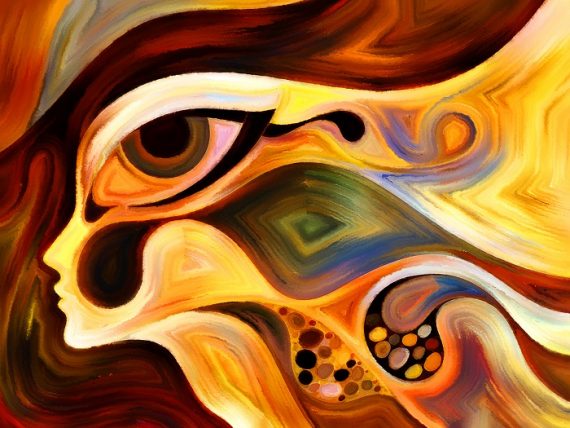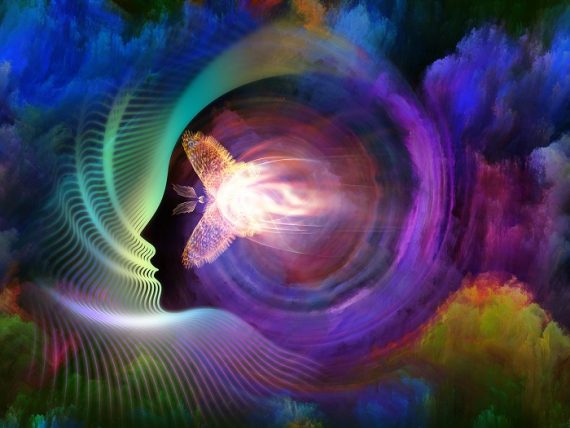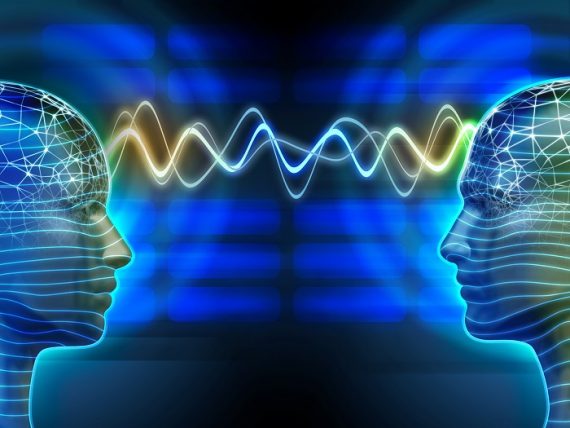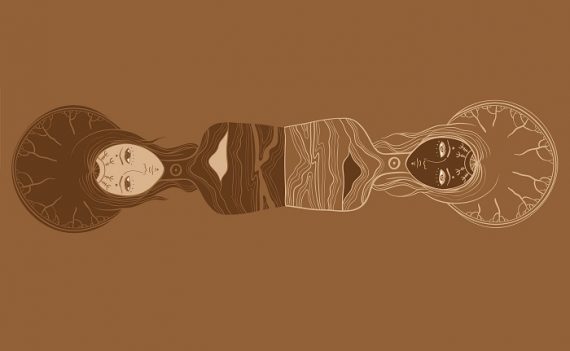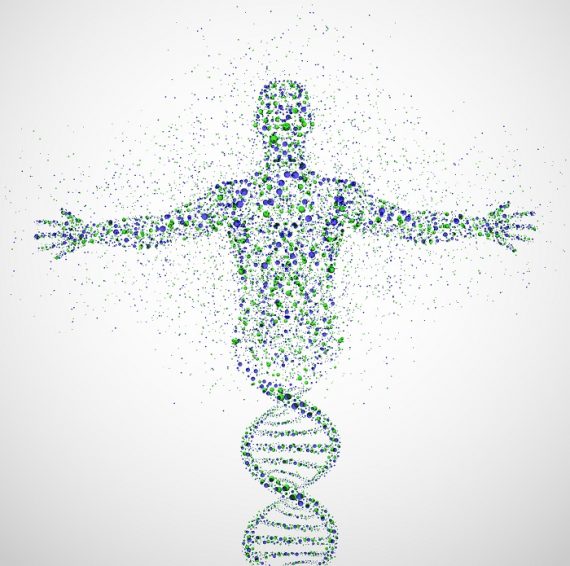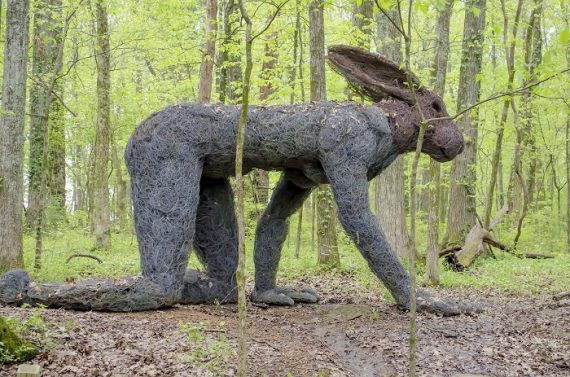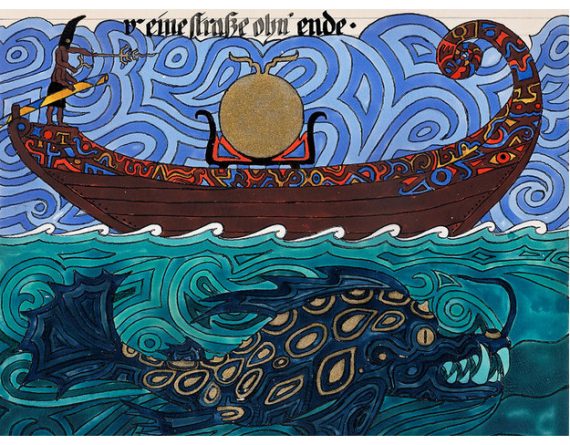Many readers will be aware of the furore occasioned by a recent publication of Daryl Bem, which seems to violate the presuppositions of scientific materialism. This is an edited version of Larry’s editorial in Explore. Scientists are supposed to be evidence-based and reasonable, but this episode reveals deep-seated prejudices with […]
Page Type
Editorial – Bernard Carr & Paul Filmore Articles Integrating Money, Love and Virtue: A New Humanism – Maria José Pereira On Evidence and Understanding its Relevance to Evaluating the Therapeutic Relationship in Complementary & Alternative Medicine (CAM) – Hugh Harrison A Life as an Argument: the Plight of the Individual in […]
Introduction “The self” is one of the most frequently used terms whether in professional or common language, but a consensus is still needed as to its meaning. Opinion is growing that it is merely a delusion, a model generated by the brain to help us cope with the world, or […]
(The points are numbered to aid quick reference and refutation.) 1. The argument of this paper is that if we actually admit that we are self-conscious, and that when we are doing consciousness research we are actually thinking about thinking, then a great deal, if not the whole […]
The nature of the human biological field (Biofield) and its relationship to the Earth’s field is a rapidly developing area of neuroscience research. Several recent studies of Michael Persinger and others at Laurentian University indicate that our thoughts may not be all that private after all. That we share our […]
Taking up some themes in John Broomfield’s article, Chris Thomson proposes that consciousness is still evolving and needs to do so. He suggests that this will include the wider development of what he calls teleconsciousness and paraconsciousness, faculties that shamans had acquired already and which have by and large been […]
Continued from part 1 Reconnecting with Nature Effective education must have a large experiential component, I said. Given the current critical imbalance between humans and other species, nature should be a primary area of experiential education. We should balance the abstractions of our classrooms with experiences of the wholeness of […]
Roger Woolger continues his analysis of Jung’s Red Book, a landmark in the history of psychology and for philosophical thinking in Western Culture. The book is contains calligraphy and symbolic paintings provided by Jung himself. Anyone seriously interested in Jung needs to have a copy of this book. This is […]

